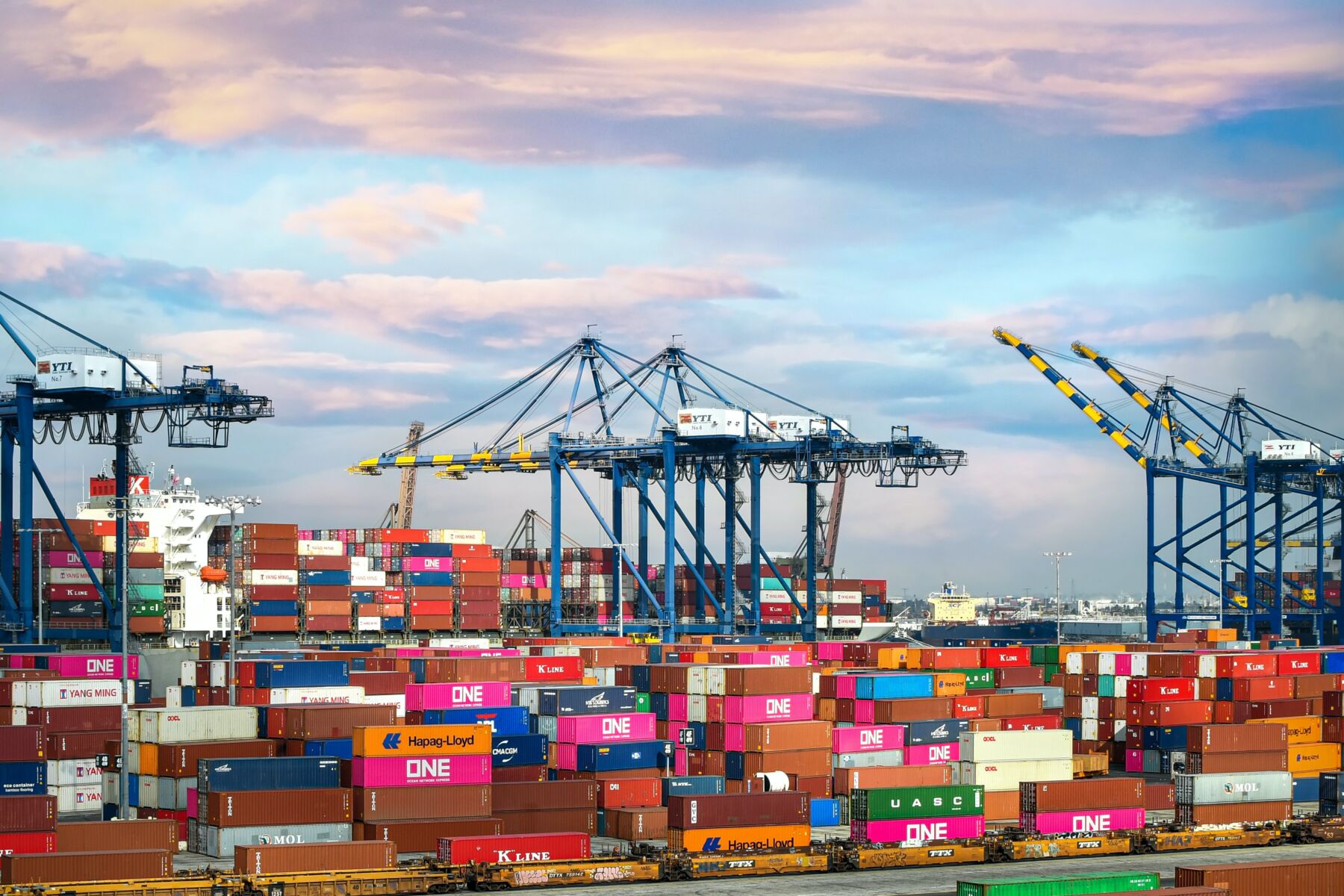Thai industries call for new govt to revitalise flagging exports

The Federation of Thai Industries (FTI) declared the urgent need for Thailand to form a new government and establish fresh policies aimed at tackling lacklustre export performance. Data revealed a 7.4% decline to US$28 billion in the nation’s exports to its largest market, the Association of Southeast Asian Nations (ASEAN), during the period running from January to May.
The FTI’s Vice-Chairman, Montri Mahaplerkpong, has shared the concerns mounting in the business sphere about the developing situation. As the representatives of industry appeal to the imminent government to identify and cultivate new export opportunities with prospects of amplified demand for Thai goods, Montri expressed the potential negative implications of the present state of affairs on the manufacturing sector and economic expansion.
“ASEAN corresponds to 24% of all Thai exports, outpacing Europe, the US, and Japan, each accounting for 10%. The impact of the current situation on Thailand’s economic growth would be pivotal in light of ASEAN’s crucial role.”
The FTI’s expectation is for the new government to take the reins within this month, facilitating a platform to discuss export matters and other economic aspects and to jointly formulate solutions, reported Bangkok Post.
Concerns have been heightening, alluding to the protracted inability of parliament members to designate a new prime minister, more than two months post the General Election held in May. The outcome of tomorrow’s Parliamentary vote for a new leader is yet to be discerned.
Moreover, an ongoing dip in export value for the eighth consecutive month was reported earlier by the Commerce Ministry, tallying a 4.6% decline taking the tally to US$24.3 billion in May.
Given the bleak economic climate expected to persist through the second half of this year, the Joint Standing Committee on Commerce, Industry, and Banking (JSCCIB) has revised its export growth projection to -2% from the previously forecasted -1%. JSCCIB’s optimistic scenario points to zero growth, integrating considerations around the global economic deceleration and the predicted decrease in China’s growth to 5.4-5.5%, down from the 6% previously estimated.
Lastly, Montri cautioned against the detrimental implications of the potential escalation of political turmoil on foreign investments, urging to prevent further economic deterioration.
Latest Thailand News
Follow The Thaiger on Google News:

























